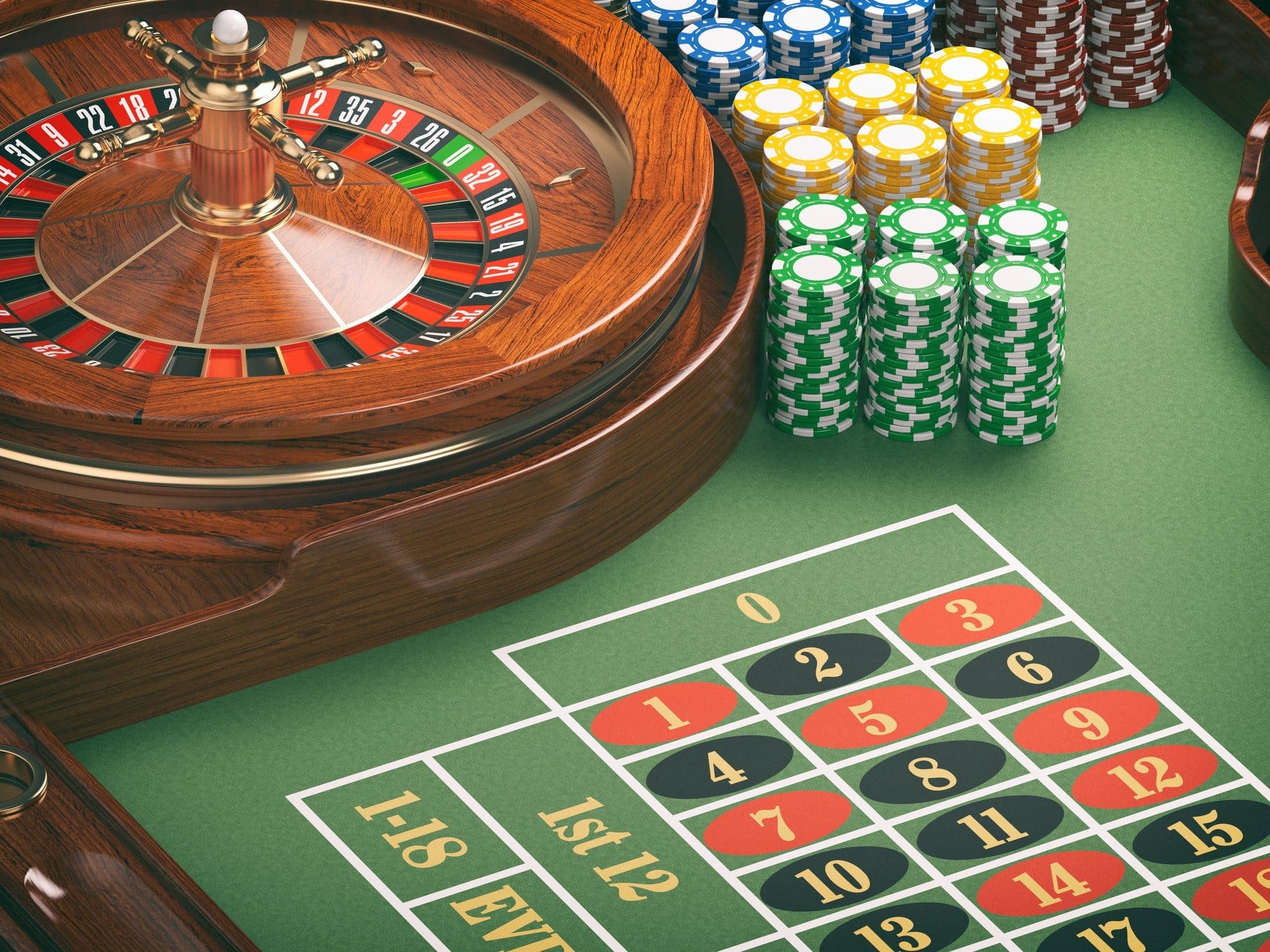
Casino activities have fascinated gamblers for decades, drawing them into a world of adventure, chance, and fortune. From the blinking lights of video slots to the strategic intensity of poker games, these games offer a special combination of fun and hazard. However, below the facade of this sparkle and finesse lies a complex connection of calculations that influences every outcome and action made within the casino.
Understanding this link between casino games and mathematics not just enhances the gambling experience but may also help participants make knowledgeable decisions. Whether you are a casual gambler or a avid enthusiast, recognizing the math concepts at play can give important knowledge into likelihood, ratios, and strategies, eventually influencing how one deals with these games of chance.
Arithmetic Probability in Gambling
In the realm of casino activities, statistical probability plays a vital role in determining results and informing gambler choices. Every game has a distinct set of regulations and a particular probability framework that influences its dynamics. da88 For example, in activities like roulette, players must grasp the chances of landing a particular digit or shade. The probability of certain events occurring can be computed, and this knowledge can greatly influence wagering tactics.
Players also need to be cognizant of the house edge, which is the mathematical advantage that casinos hold over gamblers in the long run. This edge differs across different activities. In 21, expert players can use strategies to lower the casino edge to as low as one %, while in activities like slot machines, the casino edge can be significantly greater. Comprehending the house advantage allows gamblers to make educated decisions about which activities to participate in and the amount to bet.
Moreover, likelihood is fundamental in the principle of risk versus reward in gambling. Every bet carries a specific risk factor, and gamblers must assess the potential return against that risk. Activities like the poker game require gamblers to not only calculate the chances of their own showing winning but also to evaluate the likelihoods of their opponents’ hands. By applying mathematical principles to their gameplay, players can enhance their odds of success and participate more effectively in the thrilling realm of casino activities.
Anticipated Value in Gambling Games
When talking about gambling games, one of the fundamental ideas rooted in mathematics is the expected worth. This numerical metric helps gamblers grasp the potential results of their wagers over a period. In simple terms, expected worth (EV) determines the mean amount a gambler can expect to win or suffer per bet if they were to play the activity repeatedly. Each activity has its own EV, affected by the odds and the house edge, which indicates the benefit that the gambling establishment holds.
For example, think of a activity like the roulette game. The expected value can be calculated based on the specific wager made. If a gambler bets on a individual number, the payout is 35 to 1, but the true chances of success that bet are 1 in 37 (in European the roulette game). This results in a detrimental expected worth, showing that, on the whole, gamblers will lose money over time when playing this kind of wager. Grasping this idea allows gamblers to make better educated decisions about which activities and wagers may be more favorable.
Additionally, the exploration of anticipated value can lead to better bankroll management. Gamblers who comprehend the math behind their games are often able to set realistic goals. By recognizing their possible deficits and profits, they can adjust their playing strategies accordingly, which may improve their overall gambling experience overall. As a result, expected value serves as a critical tool for both novice and experienced players to navigate the frequently volatile nature of casino games.
Approaches and Odds: The Math Behind Success
In gambling games, comprehending the probabilities is crucial for gamblers looking to maximize their opportunities of winning. Each game has its own distinct set of chances that determine successful outcomes, and these statistics are often presented in the gaming guidelines or reward charts. For case, in activities like blackjack, players can boost their odds through methods such as counting cards, which depends on math principles to gain an upper hand over the casino. By familiarizing themselves with the chances, gamblers can make more knowledgeable decisions on when to wager and when to give up.
Additionally, the principle of expected value holds a major role in gaming tactics. Average outcome assesses the average outcome of a stake over the long run, allowing participants to assess whether a specific wager is worth taking. For instance, video slots have a fixed return percentage, which can show the typical payout a gambler can look for on their bets. By selecting activities with better payout percentages, gamblers can minimize the house advantage, enhancing their possible rewards in the long run.
Finally, successful gamblers often employ a mix of luck and mathematical strategy to boost their gaming experience. While chance is uncontrollable, managing a wagering approach based on mathematical insights can lead to more positive results. By employing techniques such as bankroll management and picking games, players can leverage mathematics to handle the unpredictable nature of gaming, making the most of their time and investments at the gaming tables.
